AI-Augmented Learning: How Intelligent Systems Upskill Your Workforce
The best analytics tools and data in the world have limited impact if the people using them don’t have the right mindset and skills. Truly becoming an insight-driven organization requires empowering people at all levels to think like analysts – to question assumptions, delve into data for answers, and make decisions based on evidence. While technology plays a part, much of this empowerment comes through human-centered methods: targeted workshops, hands-on coaching, and sharing of best practices. Saturn IQ’s approach, rooted in decades of combined experience in market research and behavioral science, emphasizes these elements to cultivate analytical thinking in teams.
Why “Thinking Like Analysts” Matters
Analysts are trained to be curious, skeptical of superficial answers, and methodical in exploring data. When non-analysts (like marketers, product managers, or operations leads) adopt some of these habits, the quality of their decisions improves markedly. They start to:
Ask the Right Questions: Instead of settling for “sales are down, let’s cut costs,” they might ask “which segments or regions are driving the sales decline, and why?” This leads to more targeted and effective actions.
Base Decisions on Evidence: Rather than relying solely on intuition or the loudest opinion in the room, they seek out facts – be it customer feedback, performance metrics, or external market data – to support or refute ideas.
Embrace a Hypothesis-Driven Approach: Analysts often begin with a hypothesis (e.g., “I suspect customers are churning due to slow customer support response”) and then test it. Cultivating this approach makes problem-solving more structured. Teams generate hypotheses and look for data to validate them, which often uncovers insights in the process.
However, expecting everyone to think this way naturally is unrealistic. That’s where intentional enablement efforts come in.
Interactive Workshops: Practice in a Safe Environment
Workshops serve as a sandbox for developing analytical thinking. Unlike passive training sessions, interactive workshops immerse participants in scenarios where they must actively use data to make decisions. For example, Saturn IQ might conduct a workshop for a pharma marketing team that simulates a product launch scenario: participants are given a mix of market research data, sales figures, and social media trends and are tasked with identifying the key insight to adjust their launch strategy.
In such a workshop, participants work in small groups (cross-functional if possible, to mirror real-world diversity of perspectives). They practice formulating Key Business Questions (KBQs), dissecting data to find relevant information, and collectively debating what the evidence suggests they should do next. Facilitators guide the process, offering tips on techniques like root cause analysis or how to differentiate correlation from causation. Importantly, workshops provide a safe space – it’s a learning environment, so it’s fine to make mistakes or follow a dead-end analysis path, as long as lessons are learned.
These exercises build confidence. When the same individuals later face a real situation at work, it won’t be their first time handling data under pressure. They’ll recall, “I’ve done something similar in that workshop – I can figure this out.”
One-on-One and Team Coaching: Bridging Knowledge to Application
After workshops, coaching ensures that the momentum isn’t lost and that concepts translate to day-to-day work. Coaching can be one-on-one, where an expert sits with an individual to tackle a real business challenge using data, effectively mentoring them through the process. It can also be at the team level, with an expert attending a team’s regular meeting occasionally to observe and give feedback on how they’re incorporating data into discussions.
For instance, a fintech startup’s product team might have a Saturn IQ coach join their sprint planning meeting. The coach observes how the team uses user analytics in prioritizing features, and afterwards, offers constructive feedback or additional ideas (“Have you considered segmenting this data by user cohort? It might reveal different behavior among new vs. long-term users.”). This immediate, contextual feedback helps teams refine their analytical approach on the spot.
Coaching is highly personalized – it addresses specific gaps. If a manager is good at pulling data but not so good at interpreting trends, the coach will focus there. If another employee is excellent at analysis but struggles to present data persuasively to senior execs, the coach will work on storytelling with data. Over time, these targeted improvements add up across the organization.
Fostering Communities of Practice
Another powerful aspect of enabling analytical thinking is connecting those on the journey. Establishing an internal community of practice – where employees interested in analytics can share experiences, tips, and ask questions – creates an ongoing peer-supported learning environment. This might be a monthly “Insights Roundtable” where different teams showcase how they used data to solve a problem, or an online forum where someone can ask “Has anyone here tried implementing a dashboard for tracking X? How did you approach it?”
Saturn IQ often helps kickstart these communities by identifying and training “analytics champions” within different departments. These champions are not necessarily data scientists; they are regular staff who are passionate about data-driven improvement. With some extra training and support, they become go-to persons within their teams, spreading the mindset by example.
The Payoff: A Confident, Data-Savvy Workforce
When people are truly empowered to think like analysts, a noticeable shift occurs in the organization. Meetings become more about evidence and less about opinion. Initiatives are more frequently initiated in response to data insights rather than just a hunch. There is a healthy skepticism of vanity metrics and a drive to dig deeper for understanding. And importantly, teams become more self-sufficient in tackling analytical problems, knowing they have the skills and confidence to do so.
Executives often report that after such enablement, they receive more thoughtful analyses from their teams, and proposals come with solid data backing. This not only improves decision outcomes but also speeds up decision-making (as the analytical legwork is done upfront, reducing back-and-forth).
In conclusion, empowering people to think like analysts is a foundational aspect of becoming an insight-driven enterprise. Through targeted workshops, coaching, and a supportive learning culture, organizations can unlock their employees’ potential to use data in smarter ways. The investment in human capability building, paired with the right technology, creates a formidable combination – a company that’s not only rich in data, but rich in data-savvy talent.


